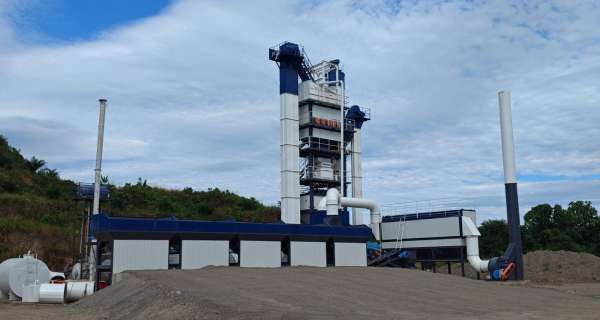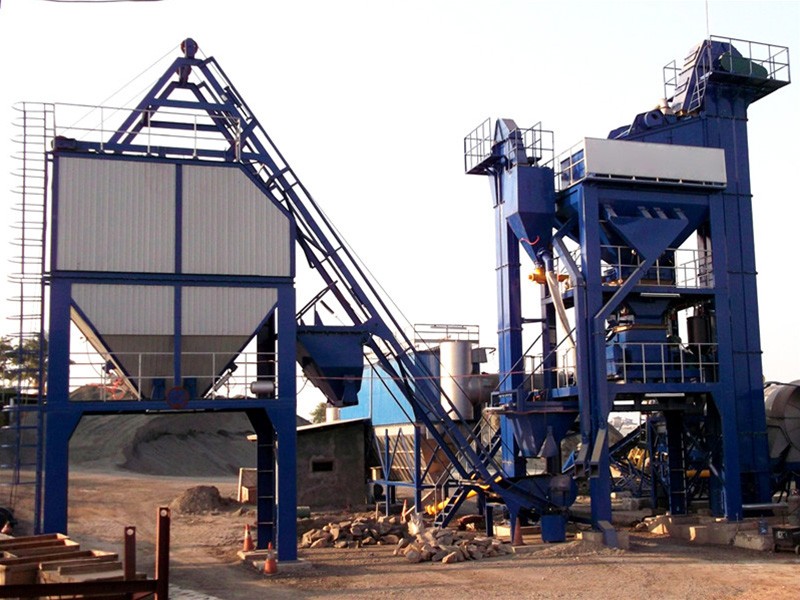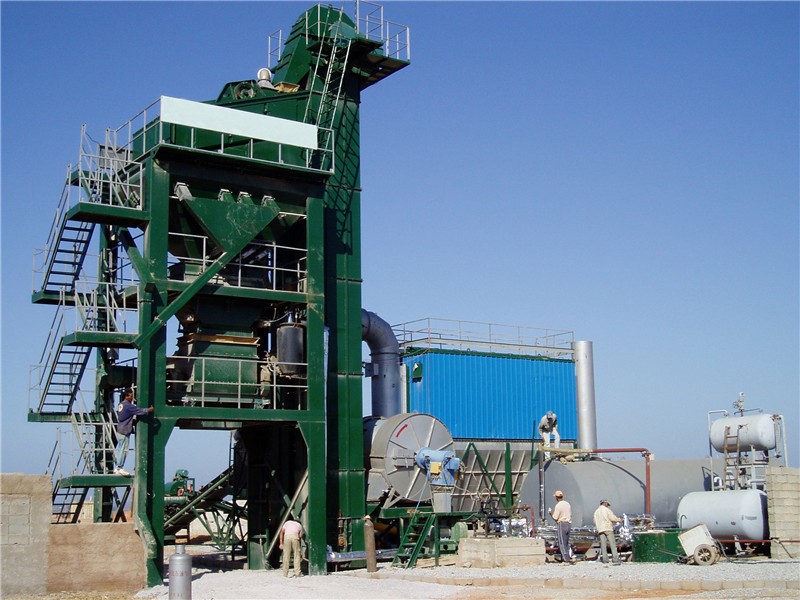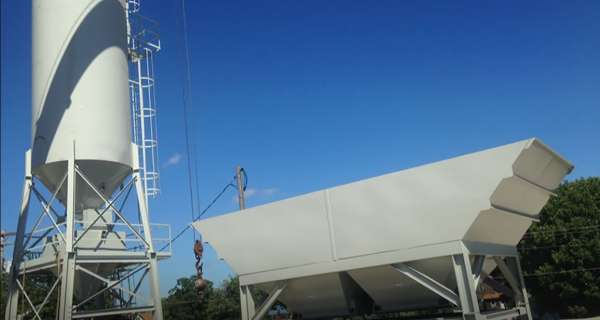In asphalt production, minimizing waste is essential for improving efficiency and reducing costs. One effective strategy to achieve this is by adjusting operating parameters within the asphalt plant. By fine-tuning various factors, operators can significantly decrease the waste rate of mixtures, leading to enhanced productivity and sustainability.

Optimizing Mixing Time and Temperature
One of the critical operating parameters that influence mixture quality is the mixing time and temperature. Inadequate mixing time can lead to incomplete blending of aggregates and asphalt, resulting in inconsistencies and increased waste. Conversely, excessive mixing can cause overheating, which may degrade the asphalt binder and affect the overall quality of the mixture.
To optimize these parameters, operators should closely monitor the mixing process. For instance, in a continuous drum mix plant, maintaining an appropriate balance between mixing time and temperature is crucial. Regular calibration of equipment can help ensure that these parameters are set correctly, allowing for consistent and uniform mixtures. Additionally, implementing real-time monitoring systems can provide valuable data to fine-tune mixing conditions dynamically, reducing the likelihood of waste due to improper mixing.

Adjusting Aggregate Gradation
Another significant factor in reducing waste is the adjustment of aggregate gradation. The gradation of aggregates directly affects the mixture’s performance and can lead to waste if not properly managed. Using a multi-bin aggregate batching system allows operators to mix different sizes of aggregates in precise proportions, ensuring that the final mixture meets the required specifications.
By analyzing the local aggregate supply and adjusting the proportions accordingly, operators can optimize the gradation to reduce excess material. For example, if a plant typically uses a fixed ratio of aggregates, shifting to a more flexible batching approach can enhance the mixture's performance and minimize waste. This flexibility is especially beneficial in fixed and mobile asphalt plants, where varying local materials may require adjustments to achieve optimal results.

Implementing Quality Control Measures
Implementing robust quality control measures is essential for further reducing waste rates in asphalt production. Regular testing of mixtures before their application can help identify any inconsistencies or issues that may lead to waste. By establishing a routine for quality checks, operators can make timely adjustments to the mixing process, ensuring that the final product meets the necessary standards.
Moreover, training staff on the importance of monitoring and adjusting operating parameters is crucial. Well-informed operators can quickly identify issues related to mixing time, temperature, and aggregate gradation, allowing for rapid corrective actions that minimize waste. Cultivating a culture of quality and continuous improvement can lead to sustained reductions in waste rates over time.
In conclusion, adjusting operating parameters is a fundamental strategy for reducing the waste rate of mixtures in asphalt plants. By optimizing mixing time and temperature, adjusting aggregate gradation, and implementing quality control measures, operators can enhance the efficiency and sustainability of their production processes. These adjustments not only lead to cost savings but also contribute to the overall success of asphalt projects, ensuring high-quality outcomes while minimizing environmental impact.

































0 Comments